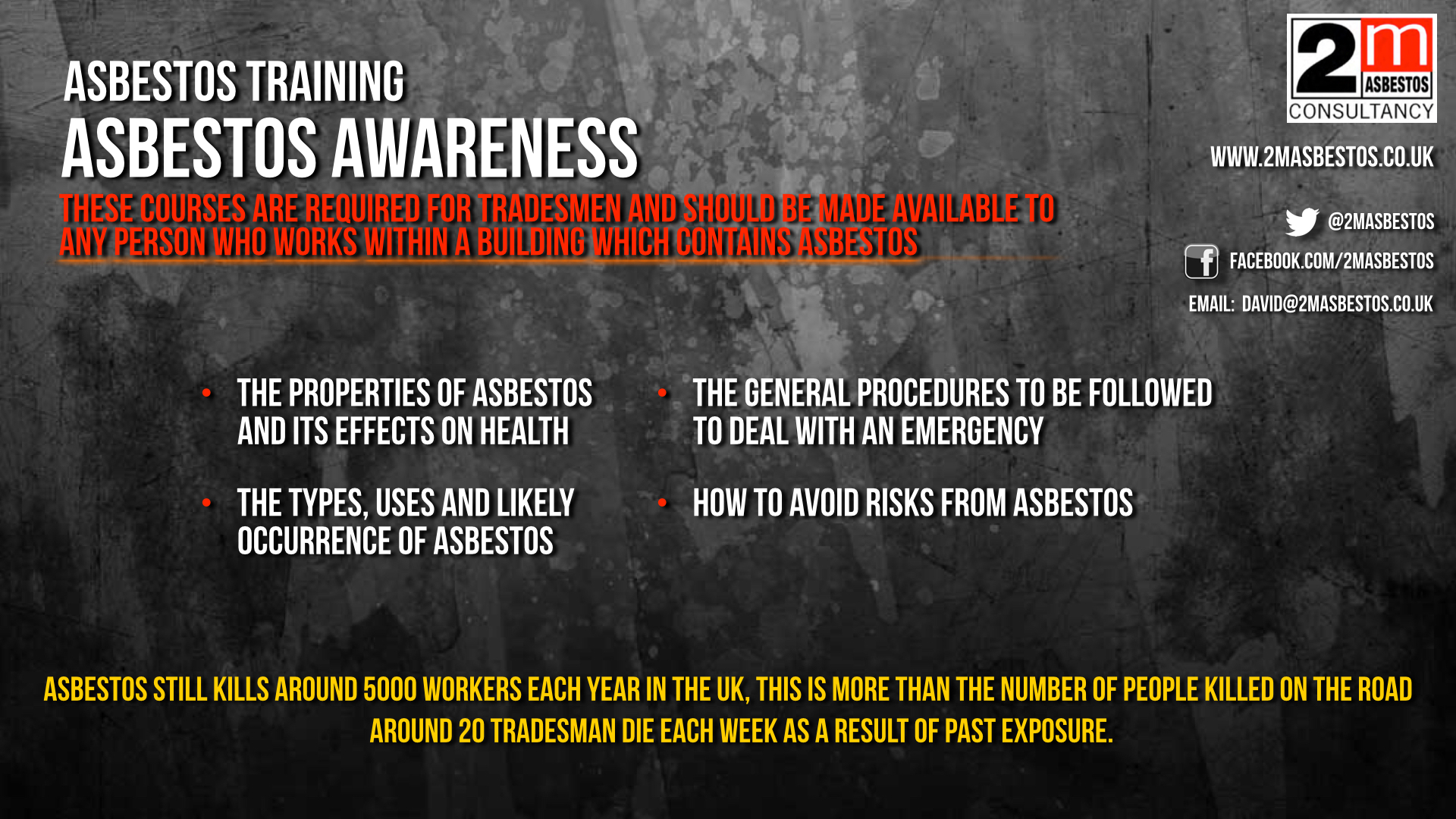Toxic material still being used at government buildings as recently as Febuary.

This map shows the 91 buildings owned by Public Services and Procurement Canada and the 28 buildings owned by the Canada Revenue Agency in Ottawa and Gatineau that have asbestos.
CBC News has learned a federal government department has banned the use of asbestos in all new construction and renovation projects at buildings it operates — a new policy that came into effect on April 1.
Now it appears the government is taking action to put a stop to that practice.
CBC has obtained an asbestos management brief prepared by Public Services and Procurement Canada and presented to an occupational health and safety session on March 29.
“Effective April 1, 2016, there will be a new departmental ban on the use of asbestos-containing materials in all new construction and renovation projects,” the document dictates.
Public Services and Procurement Canada, formerly referred to as Public Works, serves as the central purchasing agent and property manager for government departments and operates buildings used by 265,000 federal workers. It’s not clear whether the department’s ban on the use of asbestos will extend to the entire government, as some federal property is managed by other departments.
‘Best news we’ve had in many years’
“It basically means that all new federal buildings that are still in the planning stages will be built asbestos free,” said Denis St-Jean, national health and safety officer at the Public Service Alliance of Canada, who was at the meeting.
“For many of our health and safety activists across Canada, this is the best news we’ve had in many years.”
Health and labour groups are calling for a total ban of the use of asbestos in Canada. This country still imports cement pipes and automotive brake parts that contain asbestos.
By contrast, Australia, New Zealand and all 28 members of the European Union already have bans in place.
Every year thousands of Canadians die of asbestos-related diseases. In February, New Democrat MP Sheri Benson called the fibre “the greatest industrial killer the world has ever known.”
‘Clear tone that this is not acceptable’
“Asbestos is a carcinogen and given that we’re spending tons money on our infrastructure, if you don’t set a clear tone that this is not acceptable anymore, knowing what we know about asbestos, it would have been really remiss of the government to allow this to continue.”
Yussuff himself was exposed to asbestos during his years working in a General Motors plant.
He said he hopes this policy affects the rules around the billions of dollars of construction projects the federal government is planning to help fund across Canada.
“I think the federal government can say, without any contradiction, ‘We’ll not fund projects that are using asbestos products, as we’re trying to renew our infrastructure.’ I think they can insist on that.”
Public Services and Procurement Canada is also developing a national registry of both owned and leased buildings containing asbestos.
Hundreds of properties
The department currently operates hundreds properties, many of which contain asbestos.
“Hopefully they’re going to establish a public registry of all Crown-owned buildings across Canada,” said St. Jean.
He said for the past decade, the union has campaigned for such a registry.
“We had a Canadian food inspection agency worker, his name was Howard Willem, who actually passed away Nov. 8, 2012. Even on his dying bed, he was still trying to have a public registry of all asbestos-containing buildings,” said St Jean.
Federal government workers — especially those who work in the trades — have long complained they weren’t aware their workplaces contained asbestos until they’d already been exposed.
Yussuff agrees the registry is needed, but said there’s much more the federal government should do.
“There is a big gap though, in terms of their policy which we have to address. The importation of asbestos products in our country is simply unacceptable and the federal government can bring in a comprehensive ban to stop those products from coming into Canada and that has to be part of this.”
David Boyd, an environmental lawyer and adjunct professor at Simon Fraser University said several federal departments need to be part of new policies concerning asbestos, not just Public Services and Procurement Canada.
“I keep saying to people in Ottawa this isn’t something you can dither about. This is something that has to be done as soon as humanly possible to save lives and to prevent terrible diseases.”
Source: CBC News


